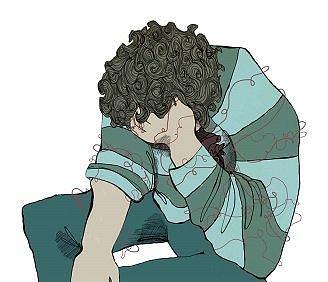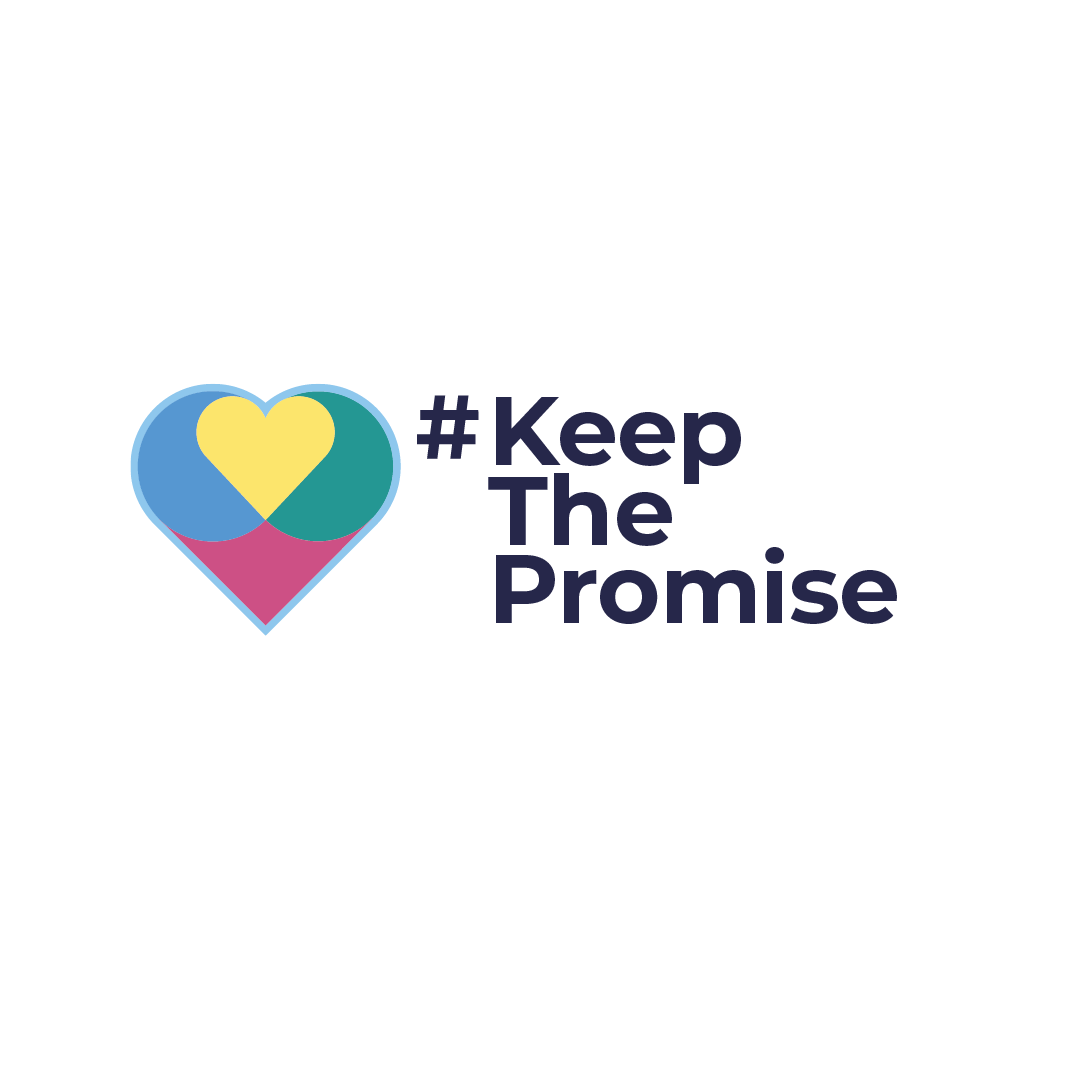How Family Conflict Affects Childhood Mental Health
For Mental Health Awareness Month, we look at how arguments and more harmful examples of conflict can affect developing brains.

On Monday, 26 May, SCCR will be launching a new section of its website, the Learning Zone for Parents and Carers. The Learning Zone helps parents and carers to understand the changes their teenagers experience during adolescence and how they can feed into family conflicts. It offers learning and support to help parents help their young people – and themselves – better control emotions.
Mental health in childhood can be understood as a child’s capacity to reach emotional and developmental milestones as they grow, establish social skills and learn how to regulate their emotions and behaviour in a positive way. Children who are mentally healthy experience a good quality of life, enjoy playing, have meaningful relationships and do well at school.
The quality of a child’s mental health has cascading effects that can last into adulthood, and can influence the development of self-esteem, interpersonal skills, memory, stress tolerance, physical health, achievement at school, and establishment of positive relationships with young people of the same age. Many factors can impact a child’s emotional, mental, and social well-being.
Here at the Scottish Centre for Conflict Resolution, we know that conflict within a child’s family can have a significant impact upon their neurobiological, physical, social, and emotional development, subsequently shaping their mental health and quality of life.
It is important to emphasise that some conflict within the family system is normal and has an important purpose. Some familial conflict gives children the strength and resilience they will need to overcome difficulties in later life. Family conflict may be necessary for going through typical changes in the life cycle, such as testing boundaries in early teenage years and developing responsibility and accountability in late adolescence.
However, too much conflict (including problematic displays of emotion such as ‘the silent treatment’, aggression, verbal cruelty, or violence) can have a harmful impact upon childhood mental health.
Research has shown that unhealthy family conflicts can influence the development of young minds and may disrupt parts of the brain called the hippocampus (which is involved with learning and memory), amygdala (which helps you be aware of threats) and prefrontal cortex regions of the brain (reasoning, problem-solving, attention, impulse-control, and creativity). These disruptions can affect a child’s capacity for attention, memory, problem-solving, abstract thinking, and stress tolerance, which could persist into adulthood.
Children exposed to toxic forms of conflict, including physical abuse, can be seven times more likely than their peers to misuse drugs, six times more likely to experience depression and anxiety, and eight times more likely to be either perpetrators or victims of violence as adults.
Given the consequences of children’s mental health throughout a person’s life, it’s important to understand, resolve and reduce the incidence of family conflict.
In line with the Scottish Adverse Childhood Experiences (ACEs) Hub, we should shift the focus of the impact of familial conflict from ‘what’s wrong?’ to ‘what’s happened?’ in a child’s life. Children possess innate resilience which can help them to flourish in life, despite the challenges they may have faced in early life.
When family conflict occurs in the context of poverty, parental relationship difficulties, social inequality, or discrimination, it is essential to offer support to these families to overcome these problems.
With support from professionals, such as family mediators, families can understand the origins and consequences of toxic conflict patterns, and can explore transformative ways of expressing difficult emotions and how to have disagreements with each other. This will support a child’s mental health, show useful ways of responding to conflict and increase the well-being of the entire family.





